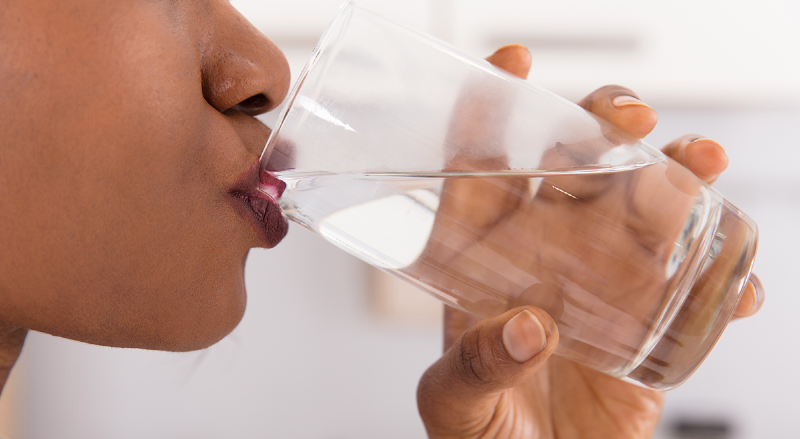
What Kind of a Water Softener You Would Need Now?
Individuals’ quality of life may be improved by installing water-softening systems in their homes. Your body and mind might be freed from the daily irritations produced by hard water if you are in good health. Minerals in the water may be to blame for these symptoms. This includes dry skin and hair, soaps that don’t generate much lather or foam at all, stains, scum, an unpleasant smell, an unappetizing taste, and the long-term expenditures of replacing costly equipment that uses hot water when it breaks down.
Hard water does not constitute a substantial health danger, according to the majority of residents, industry experts, and specialists. When it comes to the effects that hard water might have, they all have one thing: a daily and long-term commotion. Anyone who is responsible for their own water supply may benefit from learning more about water softeners and doing a comparison of various water softeners.
Water has a hard texture because of the presence of dissolved solids.
In order to get the best water softener for your house, you need to know about water hardness in general and how it affects your water supply. Hard water is caused by the presence of calcium carbonate (CaCO3), a component that may be found naturally in chalk, marble, and limestone. The thickness, purity, and colour of the three basic forms of it are all unique from one another, despite the fact that they all have the identical chemical characteristics. Calcium carbonate makes up around 4% of the Earth’s crust.
How can you know whether my water’s hardness is low or high?
Before investing in a water softener, you should have a water test performed to see what contaminants are present in your water. This is the most dependable way of determining what has to be done with your water. For approximately $25, you can buy a water-testing kit from a home improvement store or hire a qualified plumber like Mr. Rooter to perform the testing for you.
- Depending on where you live, you may be able to get water testing services from a city, county, university, or a soil and water conservation expert. Local laboratories are another possibility. In many cases, you’ll find an option that is both more thorough and less expensive than a store-bought test kit. Additionally, the only thing you have to do is collect or send in a sample of water.
- In certain cases, the results of a water test may reveal the presence of minerals or metals in the water. Additionally, it can detect bacteria and other contaminants, chlorine, pH, and other variables. In addition to or as an alternative to the standard criteria that an agency could use for evaluation, some people may want to know a wide variety or something unique. Perhaps some individuals are merely looking for toughness, while others are looking for something completely else. The fact that water softeners exist for hard water, as well as models and accessories that may address other issues, may provide some relief.
Conclusion
As a precautionary measure, if you suspect that the water’s quality has altered for any reason, you may want to get it tested to see if there are any issues. As long as the water doesn’t alter its flavour or odour, you may do an examination at any time, such as if the watershed’s conditions change.
